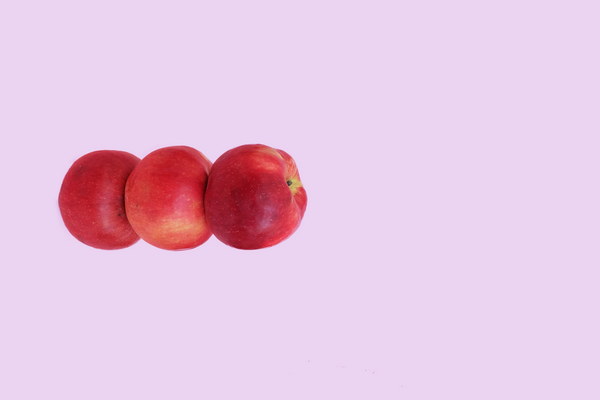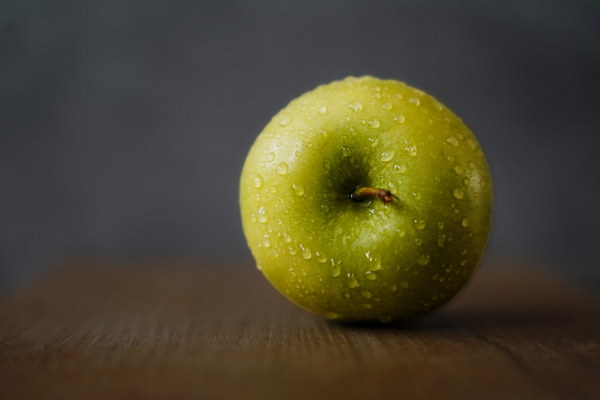Nature's Answer Discover the Power of Natural Herbs to Banish Dampness and Rejuvenate Your Health
In the realm of traditional Chinese medicine, the concept of dampness is a common ailment that can lead to a variety of health issues. Dampness is often described as an excess of dampness in the body, which can manifest in various ways such as fatigue, weight gain, and digestion problems. The good news is that nature has provided us with a wealth of herbs that can help combat this unwanted element and bring balance back to our bodies. In this article, we will explore the power of natural herbs in the fight against dampness and how they can help you rejuvenate your health.
Understanding Dampness in Traditional Chinese Medicine
In traditional Chinese medicine (TCM), dampness is considered an imbalance in the body's Yin and Yang, which can be caused by poor diet, environmental factors, or internal issues. Dampness can accumulate in the body and lead to a variety of symptoms, including:
- Excessive sweating
- Foggy thinking
- Weight gain
- Digestive issues such as bloating, constipation, or diarrhea
- Joint pain and swelling

- General fatigue and weakness
The Power of Natural Herbs
Thankfully, nature has provided us with a variety of herbs that can help expel dampness from the body and bring balance back to our systems. Here are some of the most effective herbs for fighting dampness:
1. Astragalus (Astragalus membranaceus)
Astragalus is a powerful immune-boosting herb that also helps to expel dampness. It is often used in TCM to treat fatigue, weakness, and low energy levels.
2. Codonopsis (Codonopsis pilosula)
This herb is known for its ability to strengthen the immune system and improve energy levels. It is also effective in clearing dampness from the body, making it a great addition to any dampness-busting formula.
3. White Atractylodes (Atractylodes macrocephala)
White Atractylodes is a staple in TCM for treating dampness-related issues. It helps to improve digestion, relieve joint pain, and boost overall energy levels.
4. Poria (Poria cocos)
Poria is a versatile herb that can be used to treat a variety of dampness-related conditions, including fatigue, weight gain, and digestive issues. It is often combined with other herbs to create a well-rounded formula.
5. Cinnamon (Cinnamomum cassia)
Cinnamon is not only a delicious spice but also an effective herb for expelling dampness. It helps to warm the body, improve circulation, and boost energy levels.
6. Ginger (Zingiber officinale)
Ginger is another versatile herb that can help to expel dampness and improve digestion. It is also known for its anti-inflammatory properties and ability to boost the immune system.
7. Green Tea (Camellia sinensis)
Green tea is a great way to combat dampness, as it is naturally diuretic and can help to remove excess fluid from the body. It is also rich in antioxidants, which can help to boost the immune system.
Combining Herbs for Optimal Results
When using natural herbs to combat dampness, it is often beneficial to combine several herbs to create a synergistic effect. Here is a simple dampness-busting formula that combines some of the herbs mentioned above:
- Astragalus (Astragalus membranaceus)
- Codonopsis (Codonopsis pilosula)
- White Atractylodes (Atractylodes macrocephala)
- Poria (Poria cocos)
- Cinnamon (Cinnamomum cassia)
- Ginger (Zingiber officinale)
- Green Tea (Camellia sinensis)
This formula can be taken as a tea or in supplement form, depending on your preference. Remember to consult with a healthcare professional before starting any new herbal regimen, especially if you have pre-existing health conditions or are taking other medications.
Conclusion
Dampness is a common issue in traditional Chinese medicine, but it is not an insurmountable problem. By harnessing the power of natural herbs, you can effectively expel dampness from your body and improve your overall health and well-being. So, why not give these natural remedies a try and experience the rejuvenating benefits they have to offer?









